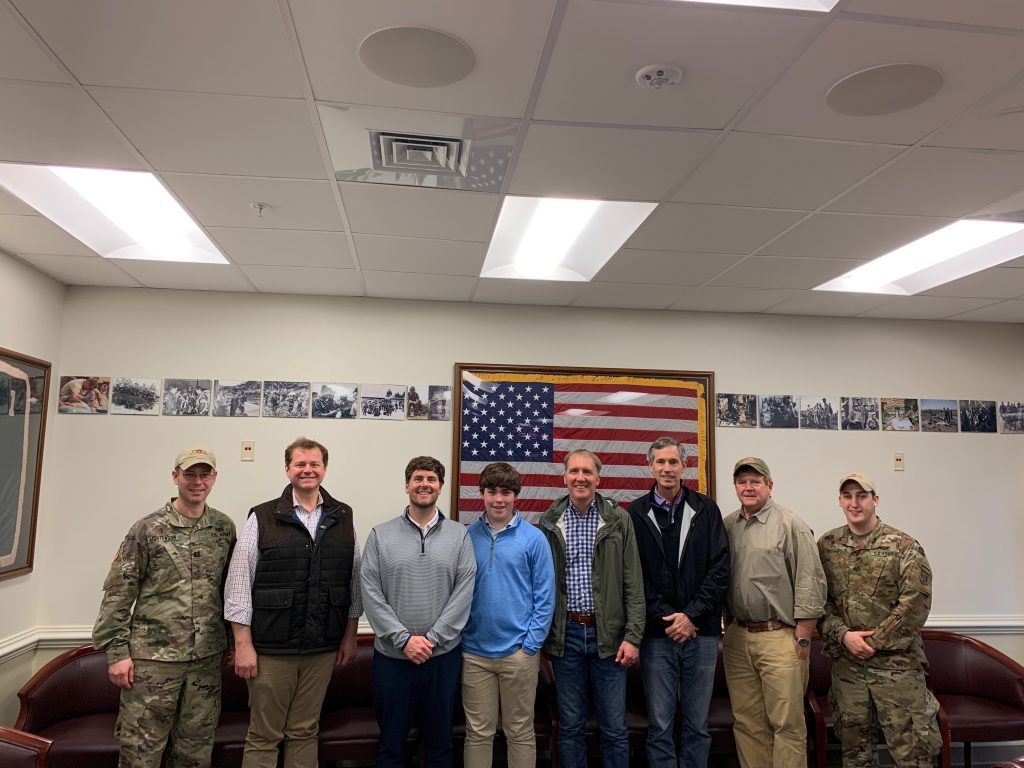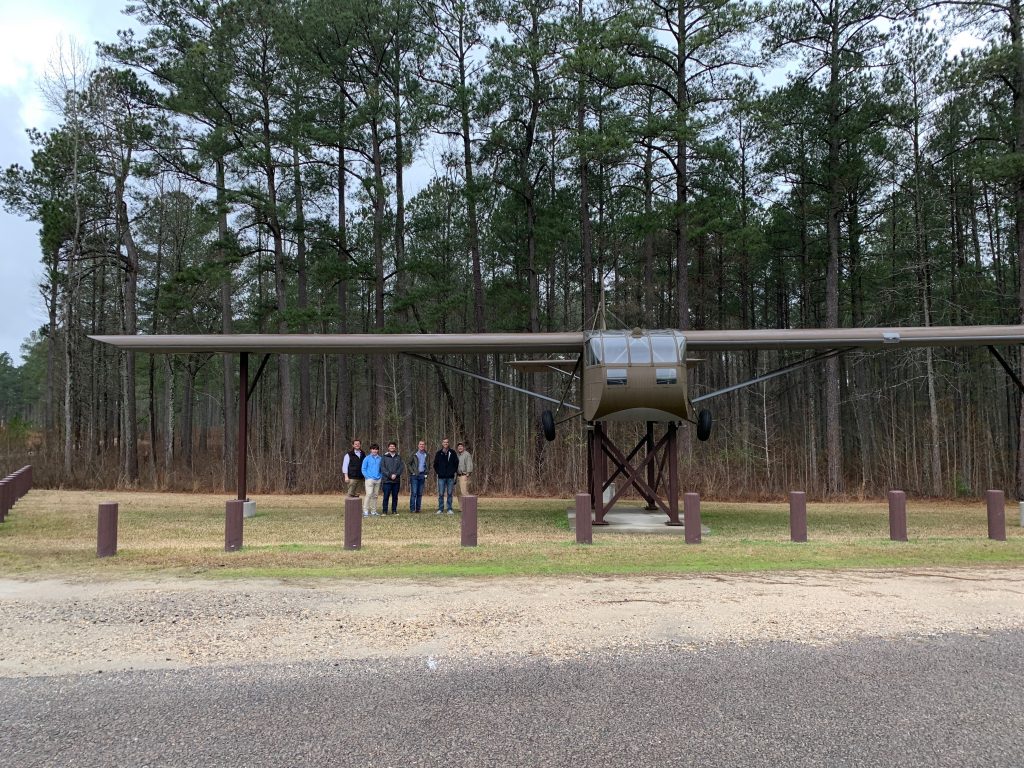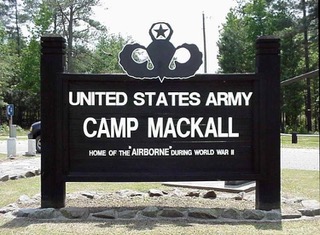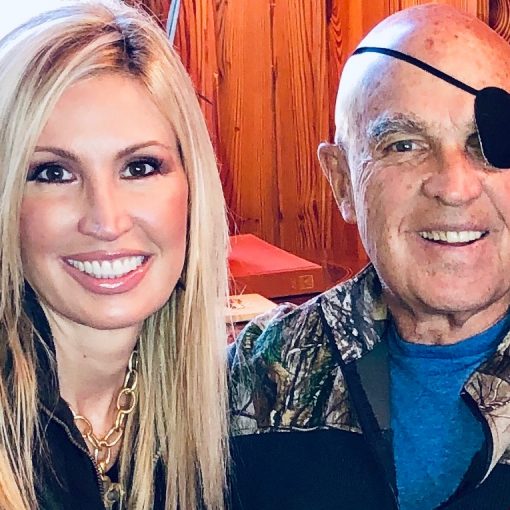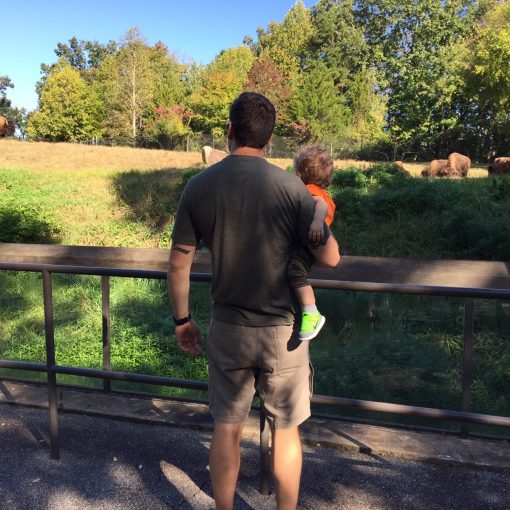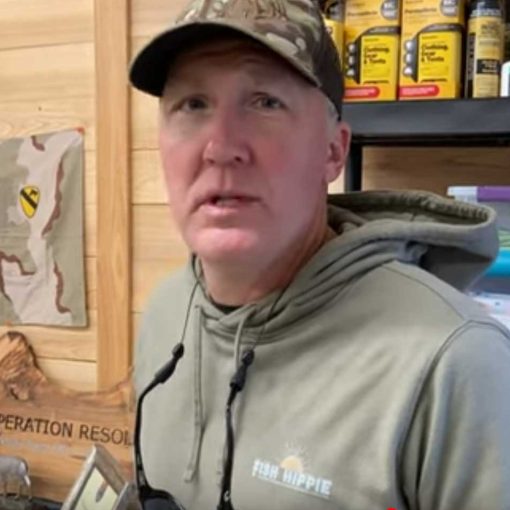Last week, a group of OR partners were able to tour Camp Mackall. Camp Mackall is an active US Army training facility just south of Southern Pines and close to Fort Bragg.
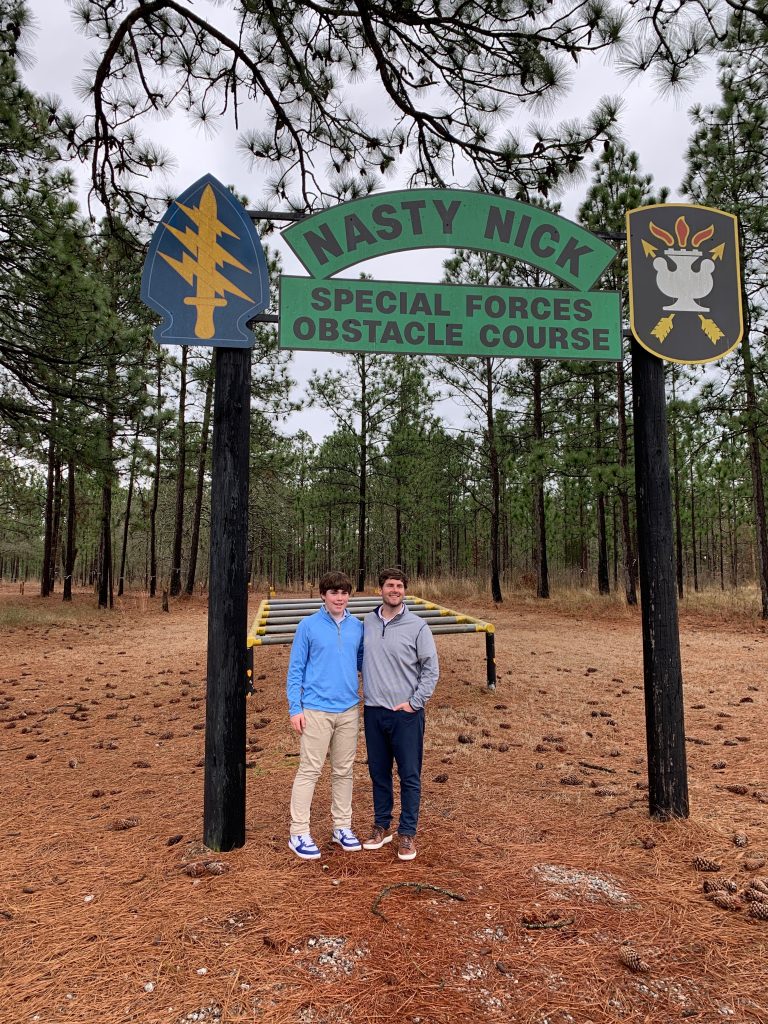 Founded during WWII, this historic camp trained all airborne units for the invasion of Normandy. Troops training to become a member of the US Army Special Forces go to Camp Mackall for SERE training. SERE stands for survival, evasion, resistance, and escape. In addition, the Special Forces Assessment and Special Forces Qualification Course are also taken at Camp Mackall. Approximately 90,000 troops train annually at Camp Mackall. The installation has an airfield with three 5,000-foot runways and three drop zones (George, Rhine, and Luzon) for paratrooper training. We were able to visit Luzon, meet with senior leadership, learn about the history of Special Forces, watch future Green Berets practice shooting and clearing a room, and see the famous Nasty Nick obstacle course.
Founded during WWII, this historic camp trained all airborne units for the invasion of Normandy. Troops training to become a member of the US Army Special Forces go to Camp Mackall for SERE training. SERE stands for survival, evasion, resistance, and escape. In addition, the Special Forces Assessment and Special Forces Qualification Course are also taken at Camp Mackall. Approximately 90,000 troops train annually at Camp Mackall. The installation has an airfield with three 5,000-foot runways and three drop zones (George, Rhine, and Luzon) for paratrooper training. We were able to visit Luzon, meet with senior leadership, learn about the history of Special Forces, watch future Green Berets practice shooting and clearing a room, and see the famous Nasty Nick obstacle course.
The more than 6,700 Army Green Berets are highly trained commandos who usually work in 12-person teams that are often used for specialized combat and counterterrorism operations and to train other nations’ forces in battle skills in as many as 60 countries.
We learned that Green Berets come from all walks of life.
The officers we met with had been in Special Forces groups with a guitarist from Nirvana and a soldier from NASA. One of the most famous Green Berets in history was singer/songwriter Barry Sadler. Barry wrote Ballad of the Green Berets, the #1 song in 1966.
When we stepped onto the campus, we were greeted enthusiastically by Col. Stuart Farris, the group commander of SWTG (Special Warfare Training Group). He mentioned that he had attended one of our first OR family fishing days with Chaplain Cottle and told us what a positive experience it had been for his son.
Throughout the day, senior leadership affirmed the value of partnering with solid chaplains. They told us that just because Soldiers aren’t deployed doesn’t mean they don’t need marriage retreats and healthy families to keep them successful in their jobs. They said it is really hard to reintegrate after coming back from deployment because they don’t realize when they need a break. If a chaplain plans a retreat, officers make sure to give their people time off to attend it.
